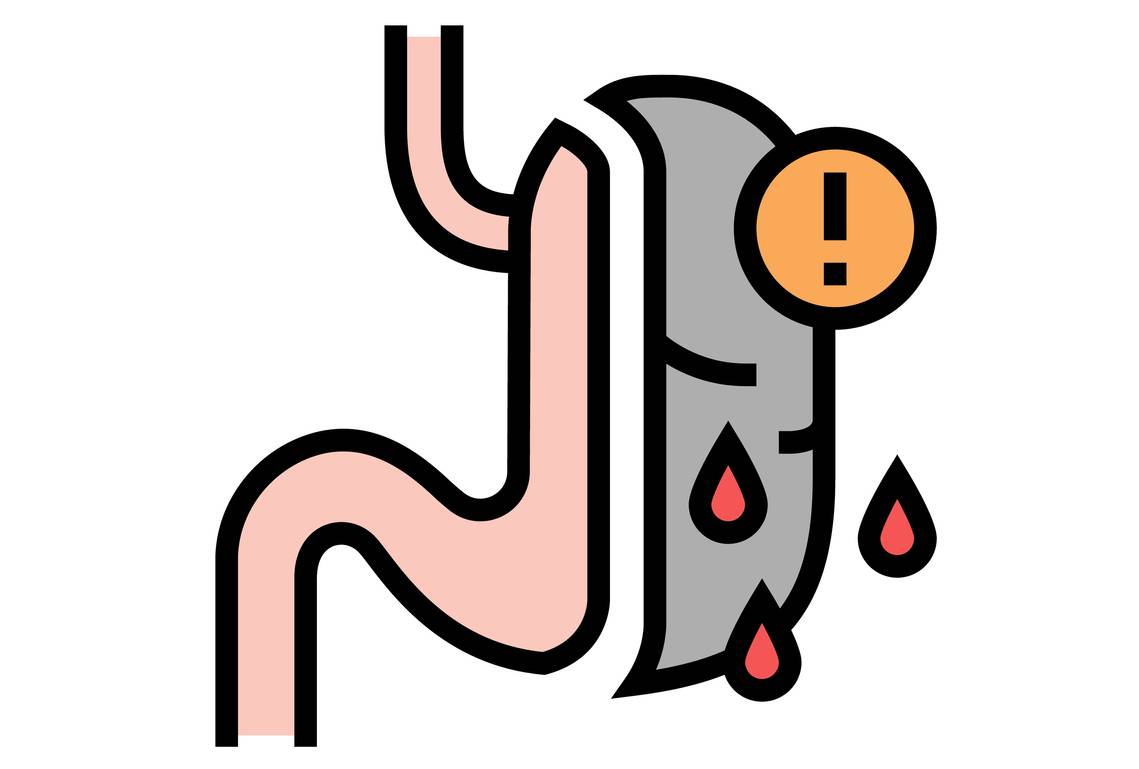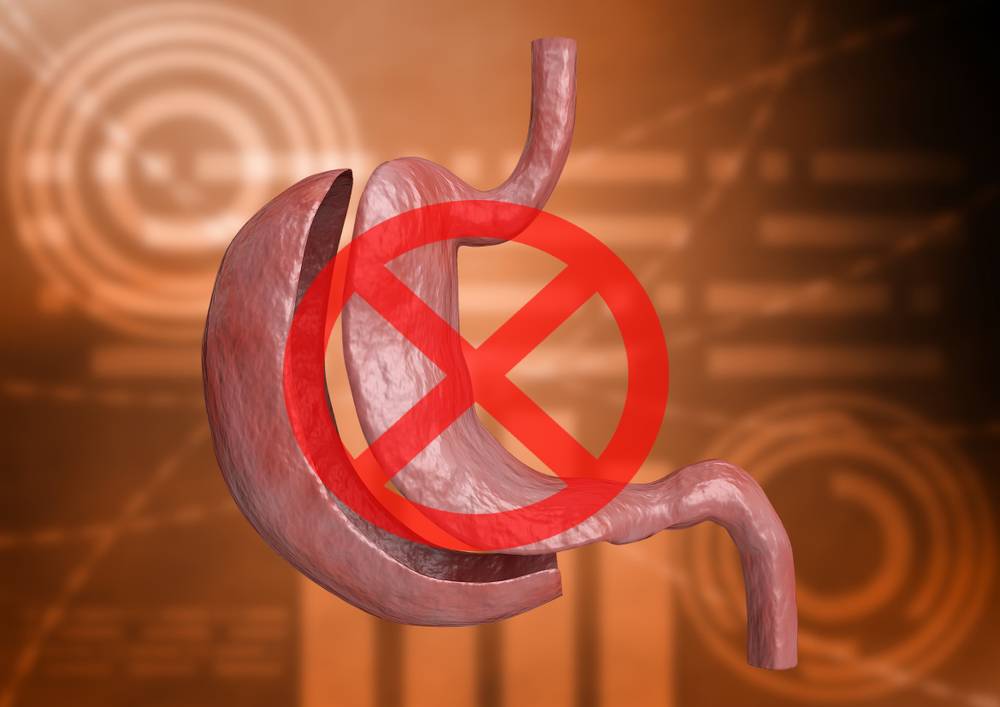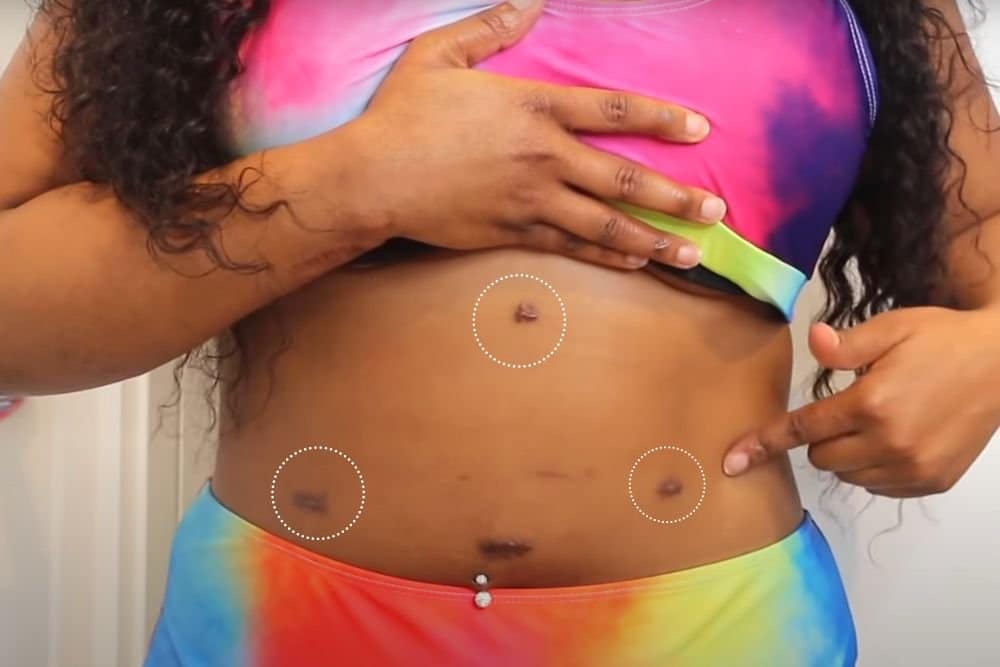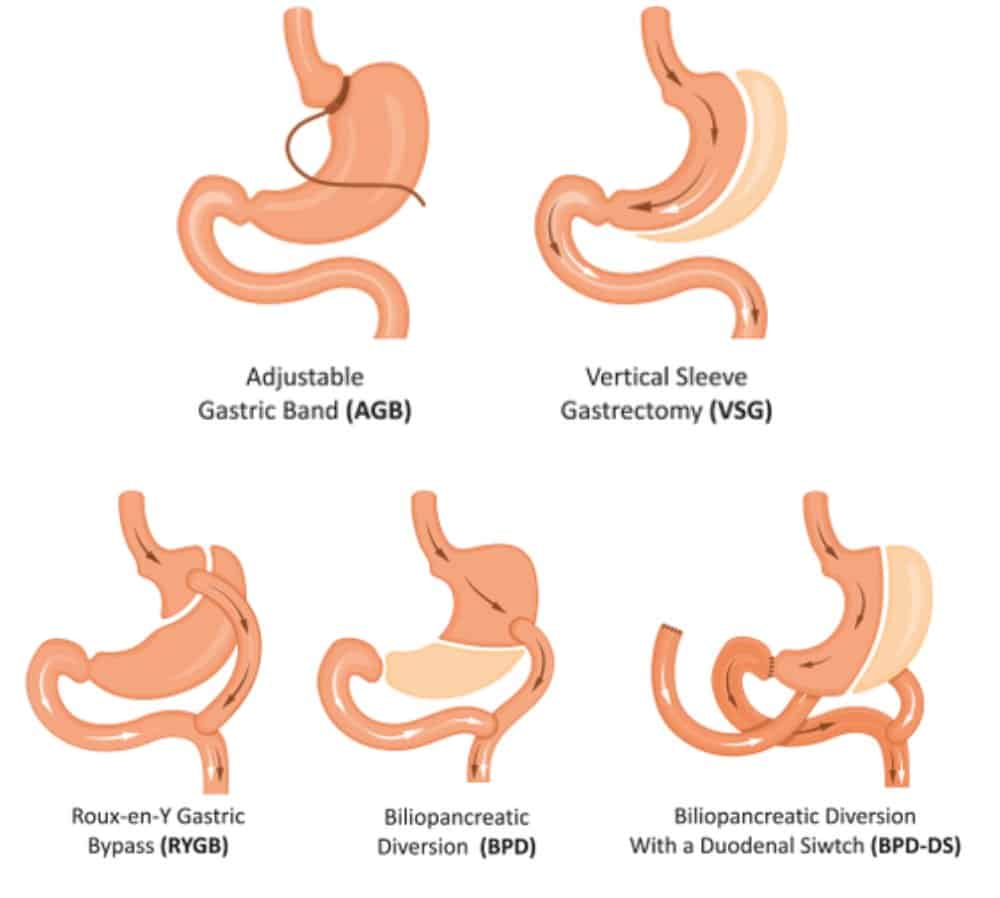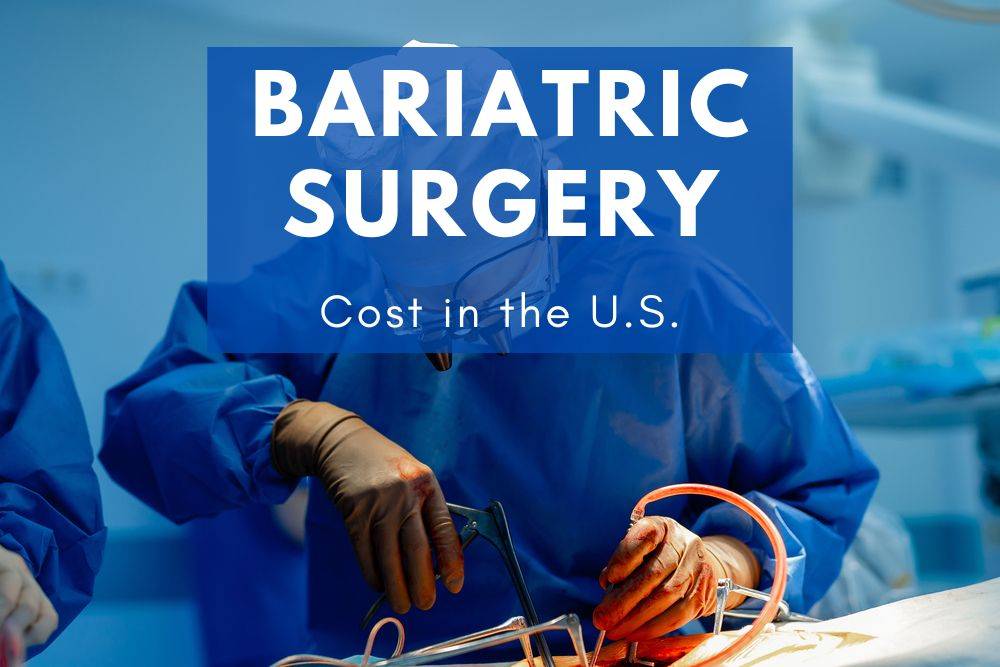
Gastric Sleeve Vs Bariatric Surgery
Most people fail to lose weight or reduce excessive obesity with diet and exercise. These people turn to weight loss surgeries to achieve their goals. Gastric sleeve and bariatric surgeries are standard procedures that help people lose weight. A growing body of research evidence shows that gastric sleeve and bariatric


